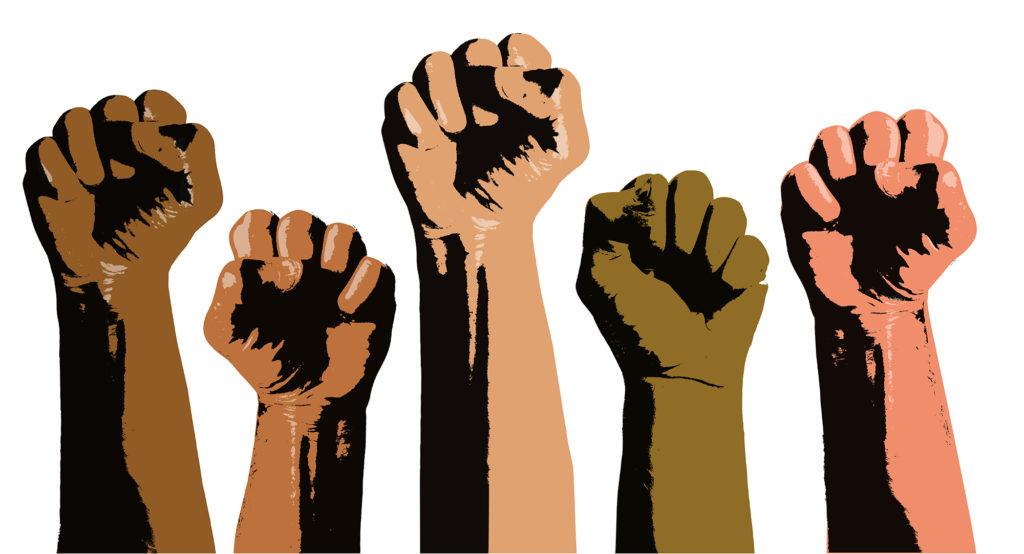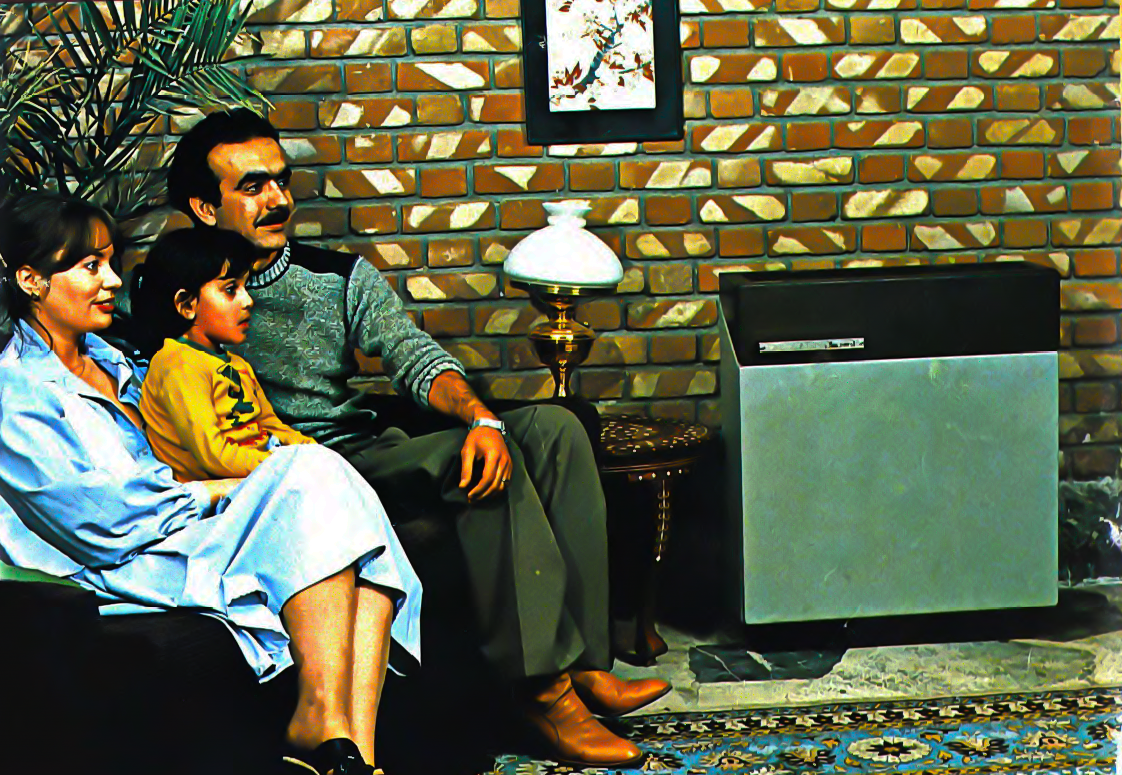Video: Recognizing Black History Month With Psychological Science

In recognition of Black History Month, we’ve compiled a collection of flash talks from the 2021 APS Virtual Convention regarding race and racial identity, George Floyd and the Black Lives Matter (BLM) movement, police brutality against racial minorities, anti-racist behaviors, and biases against Black children with attention-deficit/hyperactivity disorder (ADHD).
Recorded Flash Talks
Conversations About Race in Black and White U.S. Families: Before and After George Floyd’s Death
John Sullivan, Jennifer Lynn Eberhardt, and Steven O. Roberts (Stanford University, USA)
Sullivan, Roberts, and APS President Eberhardt measured how Black and White parents talked with their children about race and racism before and after George Floyd’s death. Whereas Black parents were more likely to talk about racial inequality and prepare their children to experience bias post-Floyd, White parents remained relatively silent.
Conservatism’s Effect on Perceived Police Legitimacy, Police-Race Relations, and Anti-Racism Behaviors
Christina Cantu, Matthew Castillo, Shane Martin, Reid LaBruyere, and Frank P. Igou (Louisiana Tech University, USA)
This study found that conservatism partially mediated religious commitment’s relationship with perceived impact of the Trump presidency, police legitimacy, and anti-racist behaviors. The researchers’ findings suggest that social and economic conservatism may be a fundamental hurdle to overcome in anti-racism and diversity movements.
Youth Experiences With the 2020 Black Lives Matter Demonstrations in the United States
Cortney Simmons, Shou-An A. Chang, Suzanne C Estrada, Meghan A. Collins, and May I. Conley (Yale University, USA)
In 2020, BLM demonstrations permeated the public consciousness. The study by Simmons et al. was the first to directly survey youth (N = 4,493; mean age = 13) about their experiences with media and in-person BLM demonstrations. The researchers highlight important differences in the experiences of Black youth compared to other racial groups.
The Role of Teacher Rating Bias in Neuropsychological Evaluations for Black Children With ADHD
Allison Gornik, Danielle Wexler, Rod Salgado, Rachel Peterson, and Alison Pritchard (Kennedy Krieger Institute/Johns Hopkins University School of Medicine, USA)
Gornick et al. found that in the context of neuropsychological evaluations at a pediatric outpatient clinic, teachers, but not caregivers, endorsed significantly more inattentive, hyperactive/impulsive, and conduct symptoms for Black children than for White children, regardless of ADHD diagnosis. Rates of ADHD diagnosis were comparable for Black and White children.
Family-Centered Prevention Buffers the Effect of Financial Strain on Parenting, Reducing Youth Conduct Problems in African American Families
Justin A. Lavner, Olutosin Adesogan, Steven R. H. Beach (University of Georgia, USA), and Allen W. Barton (University of Illinois at Urbana-Champaign, USA)
Using a randomized controlled trial, Lavner et al. found that the Protecting Strong African American Families (ProSAAF) program, a family-focused prevention program specifically designed for two-parent African American families living in the rural South, buffers the negative effect of financial strain on protective parenting—and indirectly reduces conduct problems among youth.





APS regularly opens certain online articles for discussion on our website. Effective February 2021, you must be a logged-in APS member to post comments. By posting a comment, you agree to our Community Guidelines and the display of your profile information, including your name and affiliation. Any opinions, findings, conclusions, or recommendations present in article comments are those of the writers and do not necessarily reflect the views of APS or the article’s author. For more information, please see our Community Guidelines.
Please login with your APS account to comment.